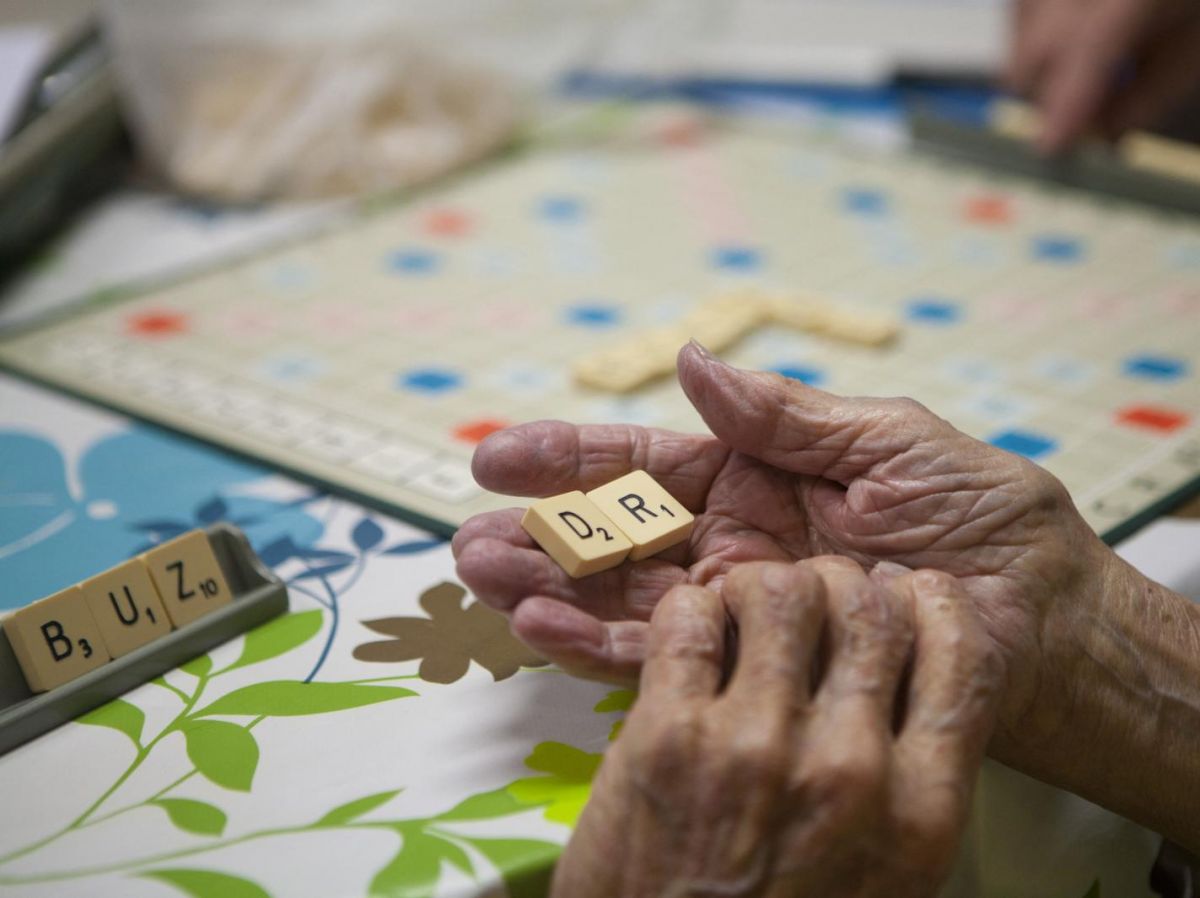Women and female animals have historically been excluded from clinical and scientific studies. Yet, " Studying health based on sex and gender benefits everyone", says neuroscientist Bronwyn Graham. Understanding cognition is a good example. Women live longer than men and show fewer cognitive problems with age" reveals neurobiologist and neuroscientist Dena Dubal.
The two women are among the many co-signatories of a dozen publications on women's health published in the journal Science Advances, combining research articles and commentaries. Work that sheds light on the influence of hormones and X chromosomes on cognition, its natural aging, and its associated pathologies for both sexes.
A silent X chromosome that awakens with age
“ It is known that women's brains are biologically and epigenetically younger than men's. In short, the biological clock in female brains ticks more slowly than in male brains.", says Dena Dubal. According to her work, which she co-authored in Science Advances, the culprit is the X chromosome, which women typically have two copies of, one of which is inactivated, whereas men have one X and one Y chromosome. We were amazed to find that aging activated or reawakened this silent X in the female brain, in a brain region very important for learning and memory: the hippocampus", the researcher enthuses.
One protein in particular is produced by the partially reactivated X chromosome in older women: PLP1. This component of the myelin that covers brain cells allows information to flow through and into cells. It is one of the main substrates of learning and memory", explains Dena Dubal. By artificially increasing the activation of PLP1 in the brains of aged male and female mice, cognition was improved. " This is a clear example of how understanding female-specific biology can lead to new treatments for a female or male brain.. »
Read alsoWomen, forgotten in clinical trials?
Early menopause linked to higher risk of Alzheimer's
While healthy female brains age better than those of men, they are more affected by Alzheimer's disease, since two-thirds of patients are women. While the longer life expectancy of women partly explains this disparity, researcher Madeline Wood Alexander and her team see a biological and, more specifically, hormonal cause. A menopause at an early age appears to increase the risk of Alzheimer's disease" she concludes in another publication that she co-signs in Science Advances.
Studies also show that the risk of developing Alzheimer's disease increases in women after menopause, which usually occurs around the age of 50. In their new work, the researchers studied the postmortem brains of 270 women who had completed questionnaires assessing their cognition every year since their 70s and 80s. Early menopause was correlated with greater synaptic dysfunction (the communication interface between neurons) and an increase in the brain of the protein tau, the accumulation of which is typical of Alzheimer's disease. We observed that earlier menopausal women showed this association between greater synaptic dysfunction and faster cognitive decline, whereas later menopausal women did not show this association.", summarizes Madeline Wood Alexander.
One of the key features of the menopausal transition is a dramatic drop in estrogen levels, the sex hormone that's involved in protecting synapses. And in fact, the results were different for women who reported taking hormone therapy and were therefore taking estrogen. There was no longer a negative relationship between early age at menopause and synapse vulnerability to tau protein and cognitive decline.", reports Madeline Wood Alexander, who specifies that these results show a correlation between the age of menopause and the risk of dementia, but do not prove a cause-and-effect relationship.
Here too, this discovery is useful to everyone. "Sex hormones are present in everyone. Two or three decades after menopause, men even have more estrogen than women!" specifies the researcher. " Especially since testosterone is converted into estrogen in the brain, in both men and women, so everything is linked.. »

